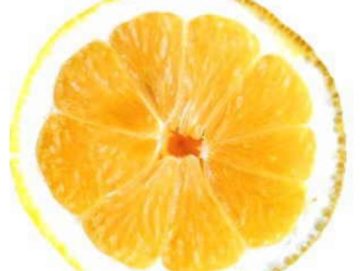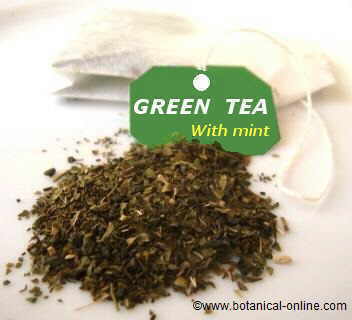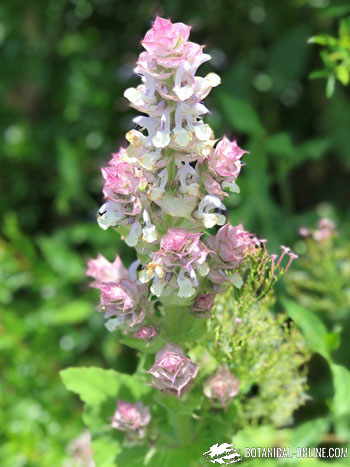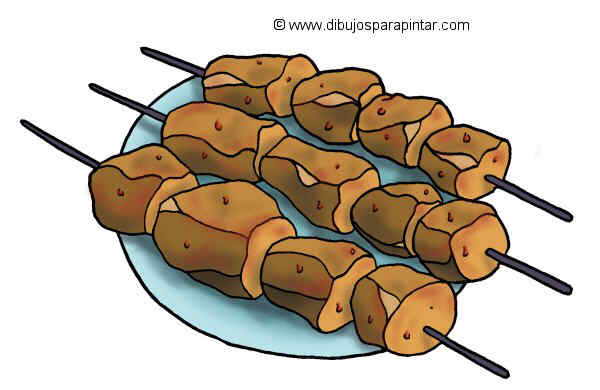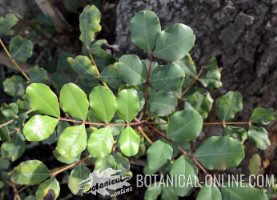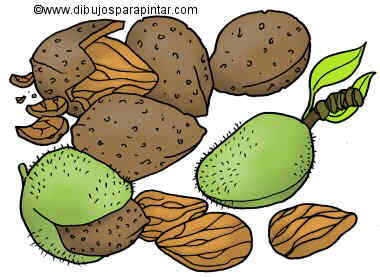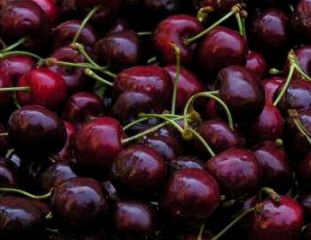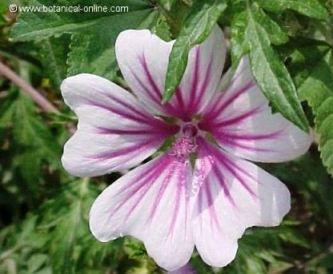Contents
What does the immune system do?
The immune system is formed by a complex network of structures and processes responsible for protecting the body from foreign substances. The immune system protects the body from diseases caused by parasites and infectious agents (fungi, viruses, bacteria) from the outside or from the own body.
Humans, like other vertebrates, possess the ability to recognize antigens, which are certain substances – proteins or carbohydrate that are considered by the immune system as external, so the immune system reacts against these strange organisms in order to destroy them.
This capability is called adaptive immunity. Moreover, the immune system also has what it is called immunological memory. which is the ability to develop a stronger defense system against antigens with which the immune system got into contact before. So, when this defensive system is facing again a known organism, it is more capable of removing it..
Having a more powerful immune system is the best guarantee not to succumb to disease.
Foods to enhance defences
Diet to avoid infections
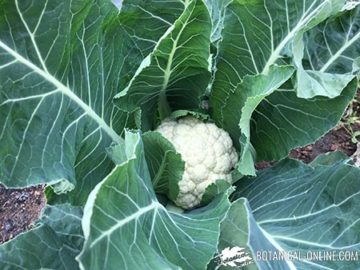
A diet rich in some vitamins increases the body’s defenses and prevents the emergence of infections:
Vitamins for the immune system
- Vitamins of group B: It can be obtained from whole grains (wheat, oats, barley, etc.) Nuts (hazelnuts, almonds, walnuts) vegetables (cabbage, cauliflower, spinach, radishes, endive, radishes, lettuce…) yeast, and so on.
- Vitamin A: It can be obtained through the carotenes, especially beta-carotene, found in many orange, red or yellow plant foods, especially carrots, purslane spinach, watercress, borage, pumpkin, tomato, asparagus, dandelion , etc.

Lemon is rich in vitamin C. It is recommended to squeeze lemon juice into salads, infusions, etc Vitamin C: Needed for the absorption of vitamin A and vitamin E. Its deficiency causes a weakness in the capillaries. In addition to itsantioxidant properties, this vitamin is also important for the proper absorption of iron, calcium or other amino acids. Besides in aids in healing wounds. Its deficiency causes a general weakness in the body, manifested in symptoms such as brittle hair, bleeding gums, wounds that will not heal, loss of appetite, etc. The main foods rich in this vitamin are peppers or citrus fruits (oranges, lemons, grapefruit, etc.)..
Herbal remedies to enhance your defenses
Besides a suitable diet, the use of appropriate medicinal plants can increase immunity helping us to strengthen our defenses and not so easily succumb to diseases. They are very useful for bacterial diseases typical of winter, such as cold, pharyngitis, bronchitis. They can also help give us better immunity at any time of year.
Having good defenses can protect our body against other infections, preventing cuts, scratches or any kind of wounds to become infected.
Among the the main plants suitable for strengthening the immune system, the most important ones are:
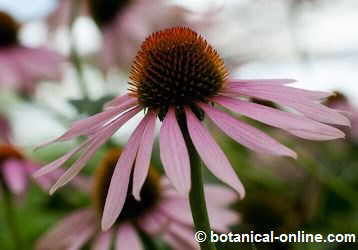
- Echinacea (Echinacea angustifolia L. Moench Echinacea purpurea, Echinacea pallida). The main virtues of echinacea are its anti microbial properties against bacteria, fungi and viruses that makes it a real alternative to chemical antibiotics. This plant is considered one of the best natural antibiotics. The reason for this property is due to its ability to stimulate the immune system, producing more white blood cells. The echinacin, caffeic acid and chicory are the components that produce this stimulation. Also it has proven its power to stimulate production of interferon, a protein that the body itself produces to neutralize viruses.
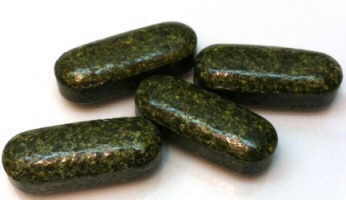
- Spirulina (Spirulina ssp.) Some studies have demonstrated the ability of these seaweed to stimulate immunity, so its use could be useful in preventing certain diseases in which the defenses are compromised. Hence, many investigations are underway to check whether spirulina is beneficial for people with AIDS (HIV), certain forms of cancer or poisoning by heavy metals.
- Cat’s Claw (Uncaria tomentosa) The main virtue of this plant is its ability to increase defenses. The biggest responsible for this property is the alkaloid isopteropodine together with other oxindole alkaloids (isomitraphylline, mitraphyiline and allepteropodine) and chlorogenic acid. What these alkaloids do is to stimulate white blood cells to destroy microorganisms or foreign substances from the bloodstream.
- Licorice (Glycyrrhyza glabra) The uses of licorice in external use are based on the capacity of this plant to inhibit growth of microorganisms, both viruses, bacteria or fungi.
![]() More information about infectious disorders
More information about infectious disorders

